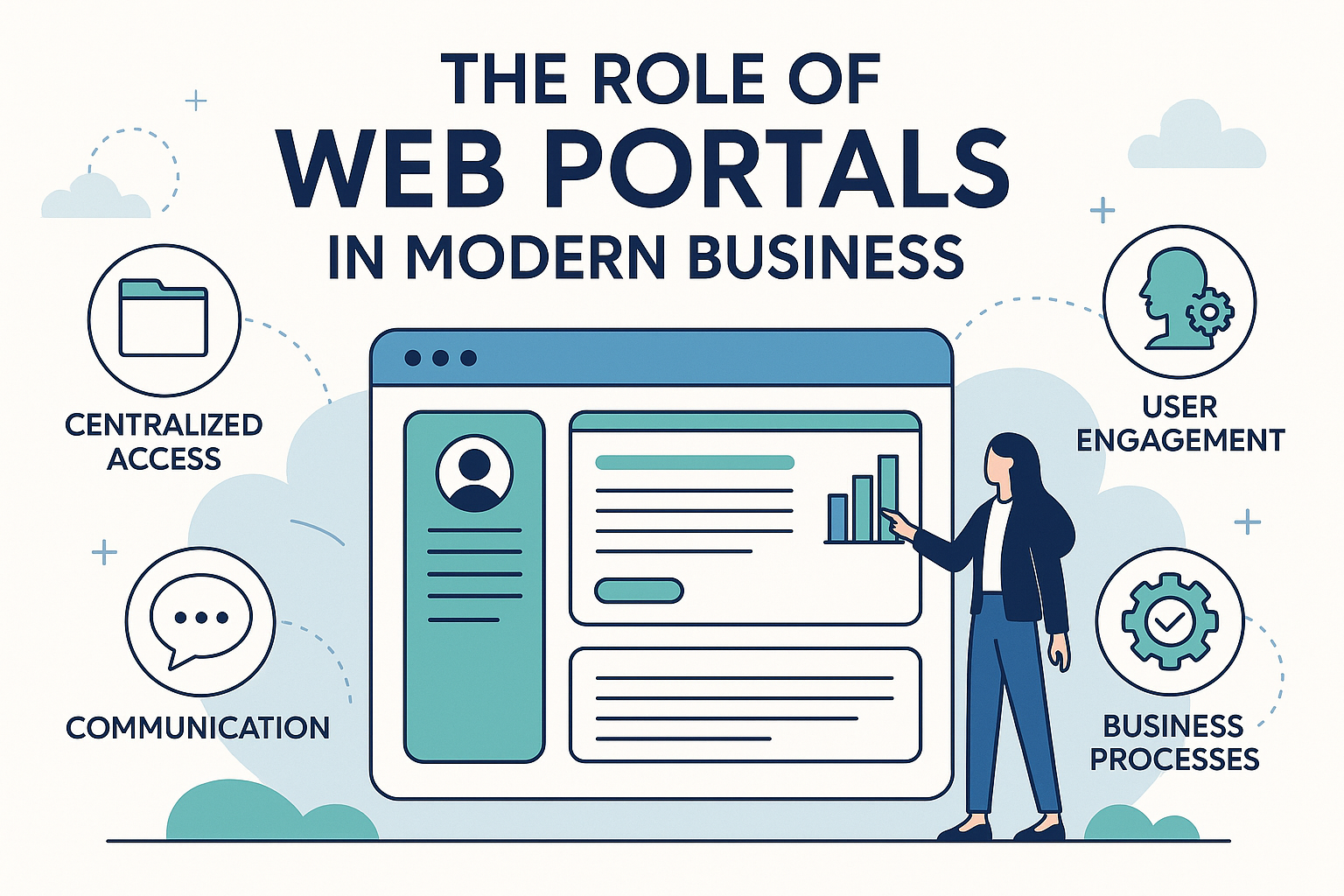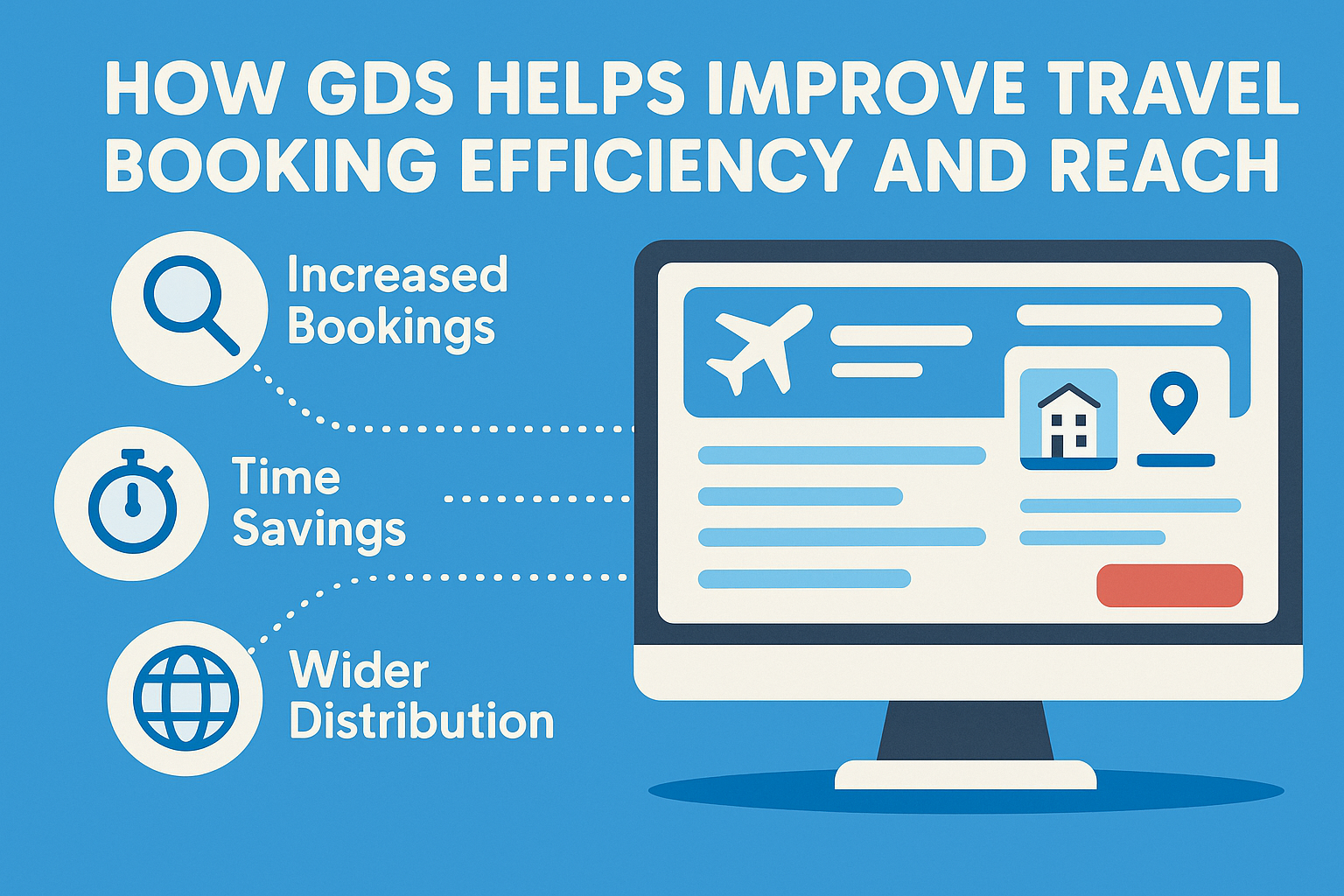
In our fast-moving digital world, businesses need to find better ways to handle information, simplify tasks, and enhance user experiences. Web portals have become crucial tools that allow organizations to gather information in one place, boost teamwork, and offer tailored services to both employees and customers. As companies work hard to stay ahead, web portals are evolving from basic entry points into dynamic platforms that support business growth.
Understanding Web Portals
What Makes a Web Portal Different from a Website?
At first glance, a website and a web portal may seem similar, but they serve different purposes. A website is like an online brochure, full of static information that anyone can view. It’s great for general information and easy to access, but it doesn’t offer much in terms of personal interaction.
Types of Web Portals
Web portals are useful tools that businesses can create to meet various needs. There are many web portal examples that demonstrate how organizations successfully use them to improve operations, communication, and user engagement. Here are some common types:
Employee Portals: These are designed for staff members. They offer communication tools, HR resources, company news, and ways to manage projects.
Customer Portals:These portals focus on customers, allowing them to access self-service options.
Partner Portals: Designed for collaboration, these portals are for vendors, suppliers, and distributors.
Community Portals: These are engaging sites for users who share interests.
Why Web Portals Are Essential in Modern Business
Easy Access to Information
Web portals bring together information from different departments and systems into one simple place. This saves employees, customers, and partners a lot of time looking for important data.
Better Teamwork and Communication
Web portals include features like document sharing, messaging, and tools for projects. These features help teams, departments, and outside partners work together smoothly.
Enhanced Customer Experience
Customer portals give users the power to manage their accounts, get support, and solve their problems independently.
Smoother Business Operations
Web portals can help automate everyday tasks like getting approvals, creating reports, and scheduling.
Key Features of Successful Business Web Portals
Personalized User Experiences
A great web portal gives users a tailored experience by adjusting its content, services, and tools based on who the user is and how they behave.
Secure Access and User Authentication
It’s crucial for web portals to have strong security measures. This includes using multi-factor authentication and setting access rights based on roles.
Integration with Business Systems (CRM, ERP, etc.)
Successful web portals connect easily with important business systems like CRM (Customer Relationship Management), ERP (Enterprise Resource Planning), and HR management.
Mobile Accessibility and Responsive Design
As more people use their phones for everything, web portals need to look good and function well on mobile devices.
Industries Using Web Portals Smartly
Healthcare
In the healthcare world, patient portals have become very useful. They allow patients to schedule appointments online, access their medical records, and communicate securely with their doctors.
Education
Schools and universities benefit greatly from student portals. These online platforms help students manage their courses, track assignments, check their grades, and keep up with important announcements.
E-commerce
Online shopping sites are increasingly using customer portals. These platforms let shoppers track their orders, receive personalized product recommendations, and manage their accounts easily.
Corporate Enterprises
Large companies are adopting employee and partner portals to streamline their operations. These portals help centralize human resources information, foster teamwork, and enhance supply chain processes.
Government Services
Many government agencies are now offering citizen portals. These platforms allow people to file taxes, request services, and access important information in a straightforward way.
Future Trends in Business Web Portals
Embracing New Technology
Web portals are becoming smarter. They can suggest what you might need based on your past activities, help answer customer questions with automated chat features, and make processes easier.
The Rise of Self-Service Options
People increasingly want to handle things on their own. Self-service portals are becoming a norm, allowing users to solve issues, change their information, and get help without waiting for someone else.
Advanced Personalization and Predictive Analytics
Future web portals will use data to understand what users like and need. This means providing content that matches their interests and suggesting helpful solutions even before they ask for them.
Conclusion
Web portals are essential for modern businesses. They help centralize information, encourage teamwork, enhance customer satisfaction, and streamline operations. As technology advances, these portals will become even more useful and tailored to individual needs. Companies that focus on creating user-friendly portals will enjoy greater efficiency, build stronger connections, and achieve long-term success.




Write a comment ...